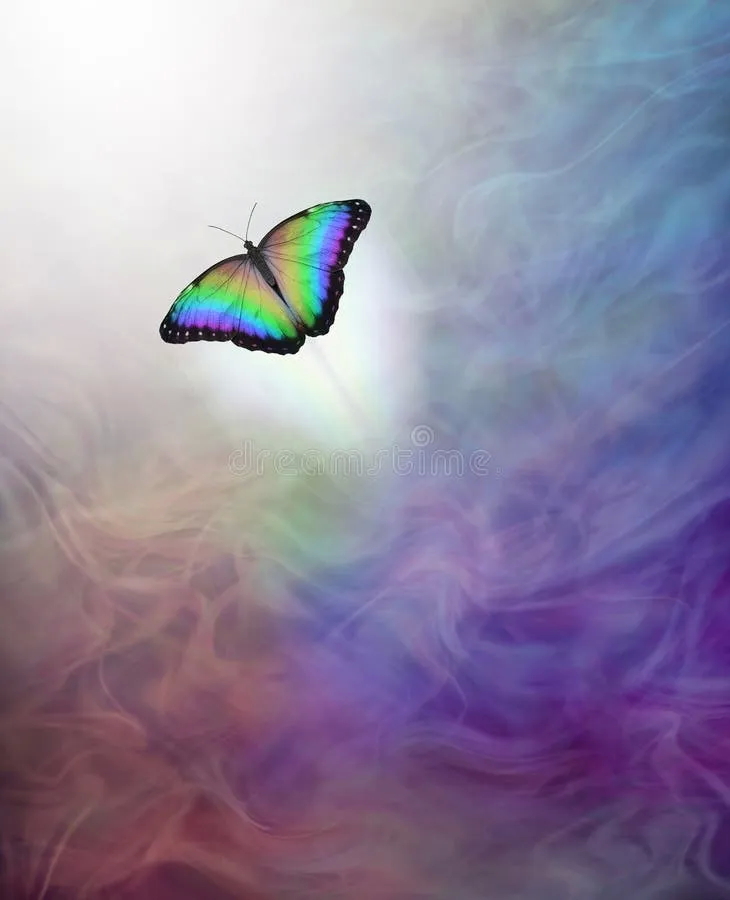Those who have realised enlightenment are always kind and ethical

I titled the last blog ‘Are enlightened people always kind and ethical?’ I cited examples of people widely considered to be enlightened who apparently behaved unkindly and/or unethically towards other people. In addition, given that most of us are not ‘widely considered to be enlightened’, I proposed that it is probably a good idea for those of us on a spiritual path to consider developing our understanding of the nature of kindness and ethical behaviour, and to work on developing them. I ended that blog by saying that, in this blog, I would write about ways of developing greater kindness. I may well still do that in a future blog, but in the meantime, I felt inspired to put the case that those who have genuinely awakened or realised enlightenment cannot be anything but kind and compassionate towards others, and will always have their best interests at heart. So, my plan here is to mention a concept used by a famous psychologist, and that a Japanese philosopher...












